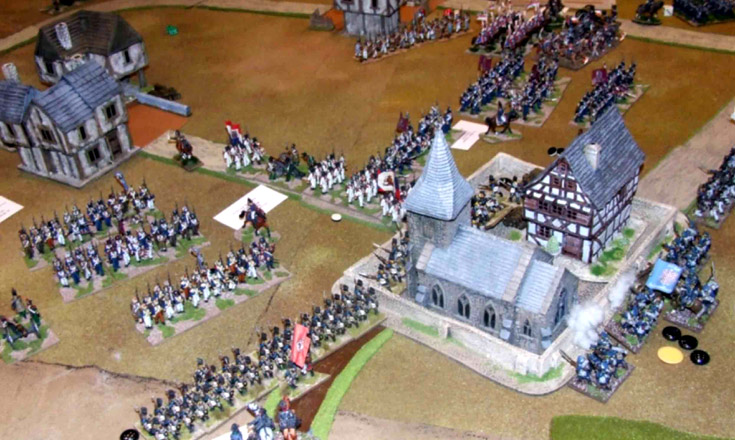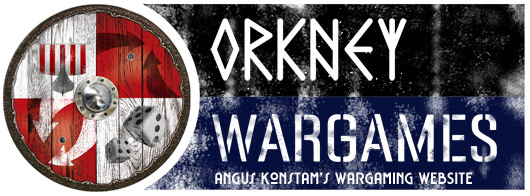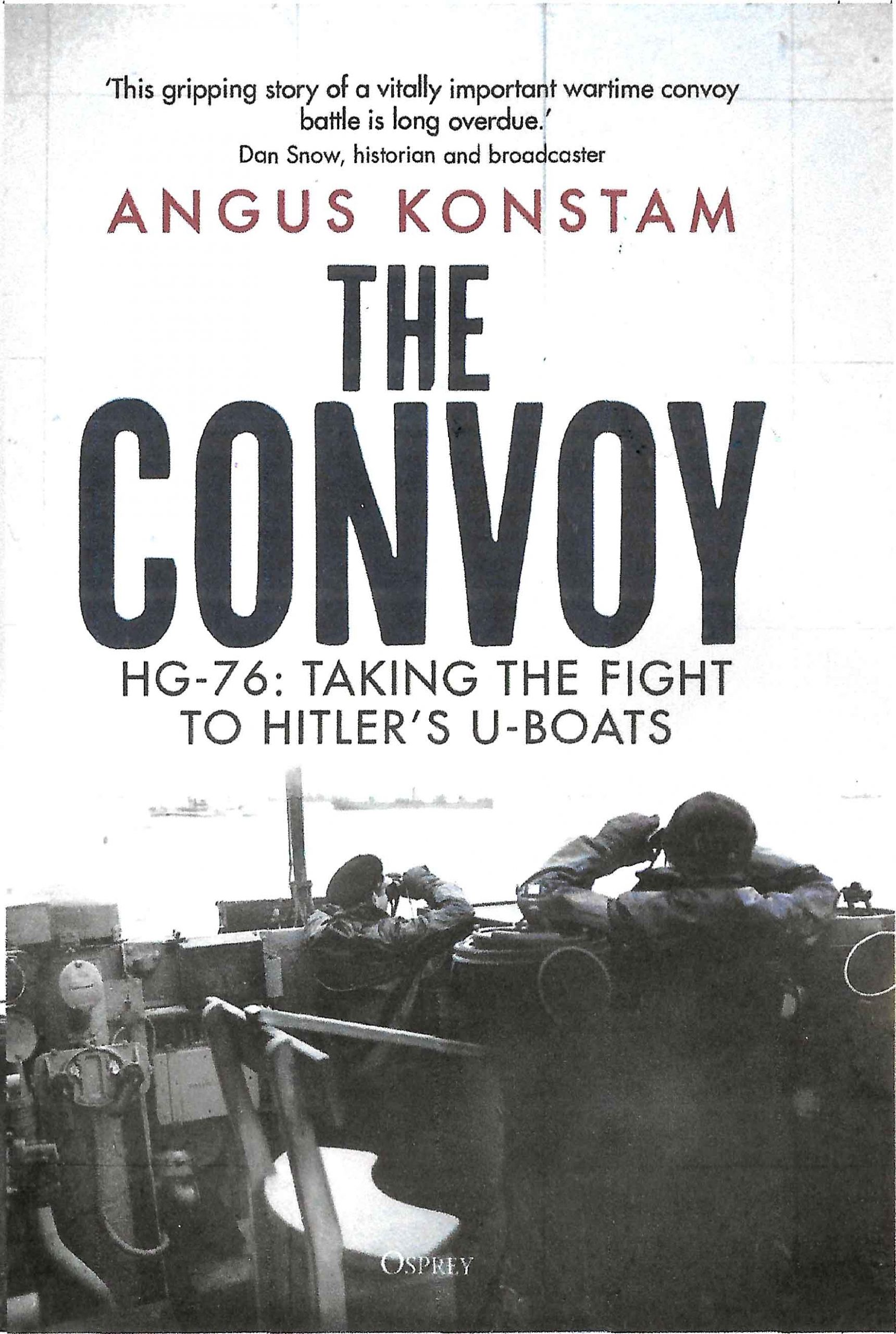
The Battle of Lutzen, 1813
24th November 2012, 0 Comments
The Napoleonic Wars, Black Powder, 28mm
You don’t often get to play two big Napoleonic games in a week – but this month it happened. Last weekend was Borodino – this weekend we refought Lutzen – or at least most of it. The venue was the Old Manor House Hotel in Lundin Links, Fife – just 40 minutes drive from Edinburgh. We had the use of their function room for a day, and planned to make the most of it. You’re probably well aware that Lutzen was a somewhat strange battle. The Allies (the Russians and Prussians) attacked Ney’s III Corps, which was camped out in a quadrilateral of villages – Gross and Kleine Gorchen, Rahna and Kaja. The villages changed hands several times throughout the day, but by nightfall the Old Guard had recaptured them. and the Allies were forced to quit the field. Over 20,00 dead and seriously wounded were lying in this small area by the time the fighting stopped, and although the French emerged victorious, Napoleon had a new respect for the resurgent Prussian army. Our refight followed the course of the real battle, but everything was scaled down a level, so a division became a brigade. We also allowed the French to arrive where they did historically, or somewhere else behind their lines at “A” or “D”, which in turn led to a broader sweep to the battle – the fighting extended beyond the quadrangle of villages. Victory centred around destroying enemy troops, and occupying the villages of the quadrilateral.
Our refight followed the course of the real battle, but everything was scaled down a level, so a division became a brigade. We also allowed the French to arrive where they did historically, or somewhere else behind their lines at “A” or “D”, which in turn led to a broader sweep to the battle – the fighting extended beyond the quadrangle of villages. Victory centred around destroying enemy troops, and occupying the villages of the quadrilateral. The battle began with a Prussian assault on Gross Gorchen, launched from the edge of the Monarchen Hugel. After some particularly heavy fighting the troops of Souham’s Division of Ney’s III Corps were ejected from the village, Blucher (the appropriately white-haired Ken Pearce) had less success at the neighbouring division of Klein Gorchen, whose garrison held the village against all comers, and amazingly were still there when the game ended. In the process the gun battery ensconced there had managed to break several Prussian units, and for its crew the massing of Prussian and Russian troops around the village merely provided the gun crews with a multitude of targets.
The battle began with a Prussian assault on Gross Gorchen, launched from the edge of the Monarchen Hugel. After some particularly heavy fighting the troops of Souham’s Division of Ney’s III Corps were ejected from the village, Blucher (the appropriately white-haired Ken Pearce) had less success at the neighbouring division of Klein Gorchen, whose garrison held the village against all comers, and amazingly were still there when the game ended. In the process the gun battery ensconced there had managed to break several Prussian units, and for its crew the massing of Prussian and Russian troops around the village merely provided the gun crews with a multitude of targets. Over on the French right Girard’s Division at Starseidel (led by John Glass) advanced towards the western slopes of the Monarchen Hugel, but these raw Frenchmen were then pinned in square by Karpov’s Cossacks. Over on the French left the rest of Ney’s corps (commanded by “JP”) began arriving around Eisdorf, and began filtering across the Flossgraben stream. It was impassable to cavalry and artillery, except at a ford near the village, but after some good command rolls the French deployed in the plain at around 3pm, where they were met by the Russian grenadier corps, which had moved up to reinforce Blucher. Other French troops were now appearing, including all of Marmont’s corps, which appeared at “B”, and moved up to support the French counter-assaults against Gross Gorchen.
Over on the French right Girard’s Division at Starseidel (led by John Glass) advanced towards the western slopes of the Monarchen Hugel, but these raw Frenchmen were then pinned in square by Karpov’s Cossacks. Over on the French left the rest of Ney’s corps (commanded by “JP”) began arriving around Eisdorf, and began filtering across the Flossgraben stream. It was impassable to cavalry and artillery, except at a ford near the village, but after some good command rolls the French deployed in the plain at around 3pm, where they were met by the Russian grenadier corps, which had moved up to reinforce Blucher. Other French troops were now appearing, including all of Marmont’s corps, which appeared at “B”, and moved up to support the French counter-assaults against Gross Gorchen. Back at Starseidel the arrival of Russian reinforcements meant that the fragile Cossacks were pulled back and Prince Trubetskoi’s cavalry were sent in. The dashing Russian cavalry commander (Chris Henry) hoped to break the enemy before more Frenhc reinforcements could arrive. After softening up the French squares with artillery fire the Russian hussars and lancers charged in – and were repulsed – twice. They were getting ready for a third assault when the lancer regiment on the right of the line was caught by French lancers, who caught them in the flank and eviscerated them. The victorious French cavalry (run by Jack Glanville) then fell on the next hapless unit in their exploitation phase, and these also broke and ran.
Back at Starseidel the arrival of Russian reinforcements meant that the fragile Cossacks were pulled back and Prince Trubetskoi’s cavalry were sent in. The dashing Russian cavalry commander (Chris Henry) hoped to break the enemy before more Frenhc reinforcements could arrive. After softening up the French squares with artillery fire the Russian hussars and lancers charged in – and were repulsed – twice. They were getting ready for a third assault when the lancer regiment on the right of the line was caught by French lancers, who caught them in the flank and eviscerated them. The victorious French cavalry (run by Jack Glanville) then fell on the next hapless unit in their exploitation phase, and these also broke and ran.  The Russian cavalry were incapable of moving, as they were pinned between the French squares and their own infantry reinforcements- the troops of Eugene’s Russian corps. Within a turn they were swept off the table too, accompanied by a battery of horse artillery. As the crowing French commander pulled his troopers back to reform the Russians deployed their infantry in a solid line, to plug the gap left by their cavalry.Meanwhile the fighting was still raging around the two Gorchens, with both sides attacking, counter-attacking and generally blazing away at each other. Losses to both sides mounted throughout the afternoon, but generally Blucher’s Prussians were getting the worst of the exchange. By 3pm their troops between the two villages had either been broken or forced back, and so it fell to the Russians of Berg’s Corps (which I commanded) to resume the assault on Klein Gorchen. The Prussians barely had enough troops left to hold on to Gross Gorchen – which they did with great tenacity throughout the game.
The Russian cavalry were incapable of moving, as they were pinned between the French squares and their own infantry reinforcements- the troops of Eugene’s Russian corps. Within a turn they were swept off the table too, accompanied by a battery of horse artillery. As the crowing French commander pulled his troopers back to reform the Russians deployed their infantry in a solid line, to plug the gap left by their cavalry.Meanwhile the fighting was still raging around the two Gorchens, with both sides attacking, counter-attacking and generally blazing away at each other. Losses to both sides mounted throughout the afternoon, but generally Blucher’s Prussians were getting the worst of the exchange. By 3pm their troops between the two villages had either been broken or forced back, and so it fell to the Russians of Berg’s Corps (which I commanded) to resume the assault on Klein Gorchen. The Prussians barely had enough troops left to hold on to Gross Gorchen – which they did with great tenacity throughout the game. By now the French deploying south of the Flossgraben stream had locked horns with the Russian Reserve Corps, commanded by Grand Duke Constantine (Dave Imrie). His attacks stopped the French advance in its tracks, despite the hopeless command rolls for his Prussian cavalry, which never moved off the Monarchen Hugel all afternoon. The fighting in that sector had reached something of a stalemate, but it had taken the commitment of about half of the Allied reserves to achieve it. While there were more Russians to bring on – including a whole Corps of cuirassiers – the real key to the battle was the two Gorchens, where the Allies were thin on the ground, and the French were about to deploy their best troops.
By now the French deploying south of the Flossgraben stream had locked horns with the Russian Reserve Corps, commanded by Grand Duke Constantine (Dave Imrie). His attacks stopped the French advance in its tracks, despite the hopeless command rolls for his Prussian cavalry, which never moved off the Monarchen Hugel all afternoon. The fighting in that sector had reached something of a stalemate, but it had taken the commitment of about half of the Allied reserves to achieve it. While there were more Russians to bring on – including a whole Corps of cuirassiers – the real key to the battle was the two Gorchens, where the Allies were thin on the ground, and the French were about to deploy their best troops. The somewhat lacklustre performance of the French during the morning was partly down to having a command roll of “7”. This changed at lunchtime, following the arrival of Bonaparte, who added +2 to the roll of any French troops within two feet of him. This meant things started to work smoothly – reinforcements arrived on time and in the right place, marching columns headed straight to the front line, and local counter-attacks – like the charge of the French cavalry – meant that the Allies were held at bay. Slowly these reinforcements began to influence the course of play. The Prussians started to lose heavy casualties in the fighting around Gross Gorchen and Klein Gorchen, and the French now had ample reserves, which allowed them to exploit any break in the Allied line.
The somewhat lacklustre performance of the French during the morning was partly down to having a command roll of “7”. This changed at lunchtime, following the arrival of Bonaparte, who added +2 to the roll of any French troops within two feet of him. This meant things started to work smoothly – reinforcements arrived on time and in the right place, marching columns headed straight to the front line, and local counter-attacks – like the charge of the French cavalry – meant that the Allies were held at bay. Slowly these reinforcements began to influence the course of play. The Prussians started to lose heavy casualties in the fighting around Gross Gorchen and Klein Gorchen, and the French now had ample reserves, which allowed them to exploit any break in the Allied line. Then, at 4pm the French Imperial Guard began to appear. Historically they deployed their guns in a grand battery, blew holes in the Prussian line, and then ejected them from the villages at bayonet point. In our case they never even made it to the table, as game time had been keeping close parity with historical time, and 4.30pm marked the time when we had to start packing out toys away. So, at that point we took a long hard look at the battlefield. The Prussians were still holding Gross Gorchern, while the French held the other four villages of the quadrilateral. The Russians were massing for an all-out assault on Klein Gorchen, and it might well have fallen in a turn or so. Over at Starseidel and south of the Flossgraben the fighting had died down somewhat, as both sides had reached something of a bruised impasse. However, the French were poised to launch a potentially devastating counter-attack through the quadrilateral, aiming to sweep through Gross Gorchen and on to the Monarchen Hugel. So, the battle – what we’d fought of it – was deemed a draw, but one which favoured the French. We took plenty of photos, and some time early next year we might well pick up where we left off, and fight this bloody battle to its conclusion. Whatever the result, this Saturday game was great fun, it looked terrific, the rules worked smoothly – thanks to umpire Bill Gilchrist – and we all had a great time.
Then, at 4pm the French Imperial Guard began to appear. Historically they deployed their guns in a grand battery, blew holes in the Prussian line, and then ejected them from the villages at bayonet point. In our case they never even made it to the table, as game time had been keeping close parity with historical time, and 4.30pm marked the time when we had to start packing out toys away. So, at that point we took a long hard look at the battlefield. The Prussians were still holding Gross Gorchern, while the French held the other four villages of the quadrilateral. The Russians were massing for an all-out assault on Klein Gorchen, and it might well have fallen in a turn or so. Over at Starseidel and south of the Flossgraben the fighting had died down somewhat, as both sides had reached something of a bruised impasse. However, the French were poised to launch a potentially devastating counter-attack through the quadrilateral, aiming to sweep through Gross Gorchen and on to the Monarchen Hugel. So, the battle – what we’d fought of it – was deemed a draw, but one which favoured the French. We took plenty of photos, and some time early next year we might well pick up where we left off, and fight this bloody battle to its conclusion. Whatever the result, this Saturday game was great fun, it looked terrific, the rules worked smoothly – thanks to umpire Bill Gilchrist – and we all had a great time.

